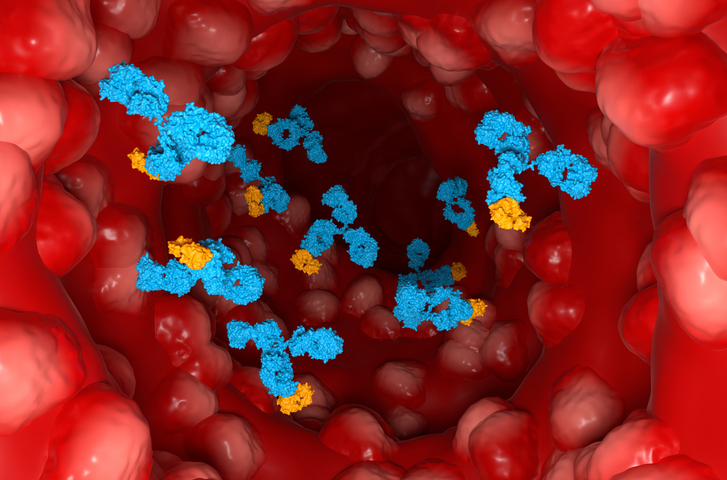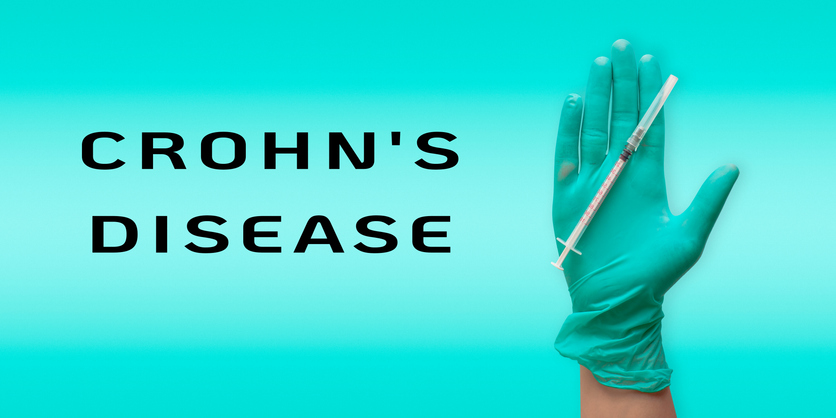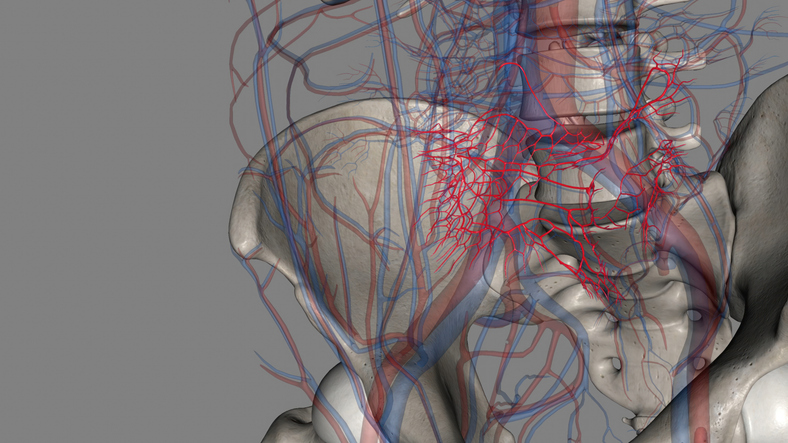
Fecal microbial transplantation (FMT) followed by the right diet is as an effective treatment of ulcerative colitis (UC), according to a study published in the Journal of Crohn’s & Colitis.
Previous studies have explored the clinical outcomes of FMT with the UC Exclusion Diet (UCED) compared with FMT alone. This analysis compared the 2 FMT strategies in terms of microbial profile and function.
Researchers analyzed patients from the CRAFT-UC study with available pre- and postintervention fecal samples. Two groups of donors received diet conditioning for 14 days based on the UCED principles. Group 1, which included 11 patients, received single FMT by colonoscopy (day 1) and enema (days 2 and 14) without dietary conditioning. Group 2, which included 10 patients, received FMT but with dietary preconditioning and UCED for the patients. Fecal samples were assessed using DNA sequencing.
Following dietary intervention, the study showed that donors had depletion in metabolic pathways involved in sulfur-containing amino acid biosynthesis. They noted that only patients in group 2 showed significant shifts toward the donors’ microbial composition (ADONIS: R2=0.15; P=.008) and significant increased Eubacterium_sp_AF228LB postintervention (β-coefficient 2.66; 95% CI, 2.1-3.3; P<.05).
“FMT from diet-conditioned donors followed by the UCED led to microbial alterations associated with a favorable microbial profile, which correlated with decreased fecal calprotectin. Our findings support further exploration of additive benefit of dietary intervention for both donors and patients undergoing FMT as a potential treatment of UC,” the researchers concluded.







 © 2025 Mashup Media, LLC, a Formedics Property. All Rights Reserved.
© 2025 Mashup Media, LLC, a Formedics Property. All Rights Reserved.